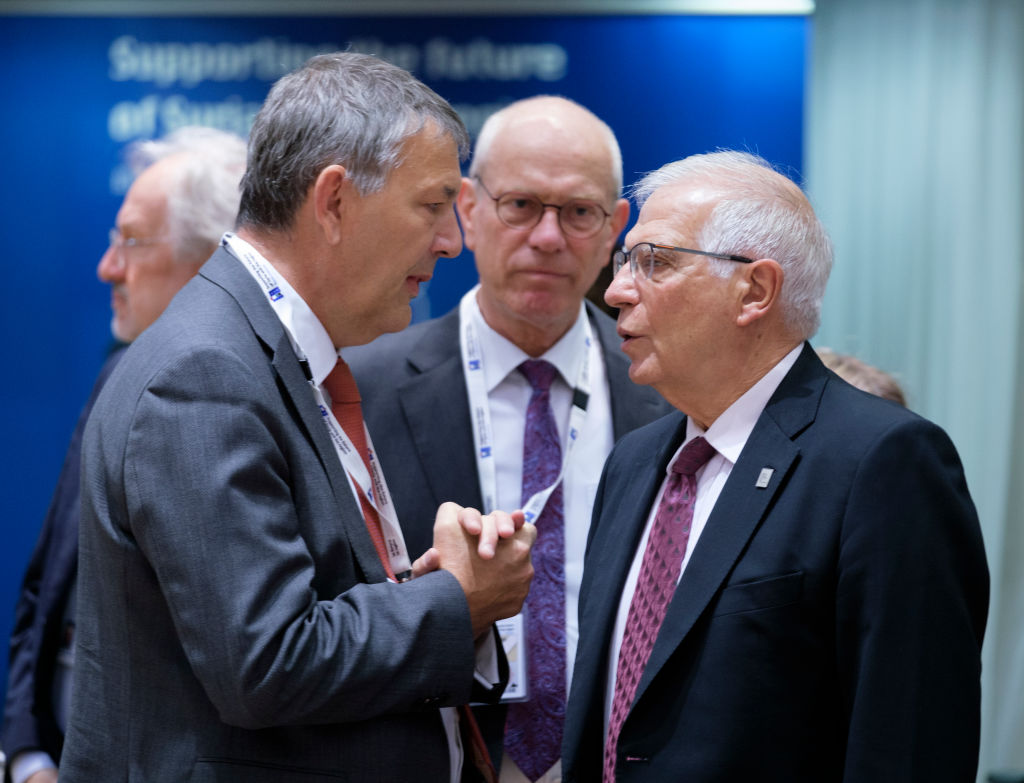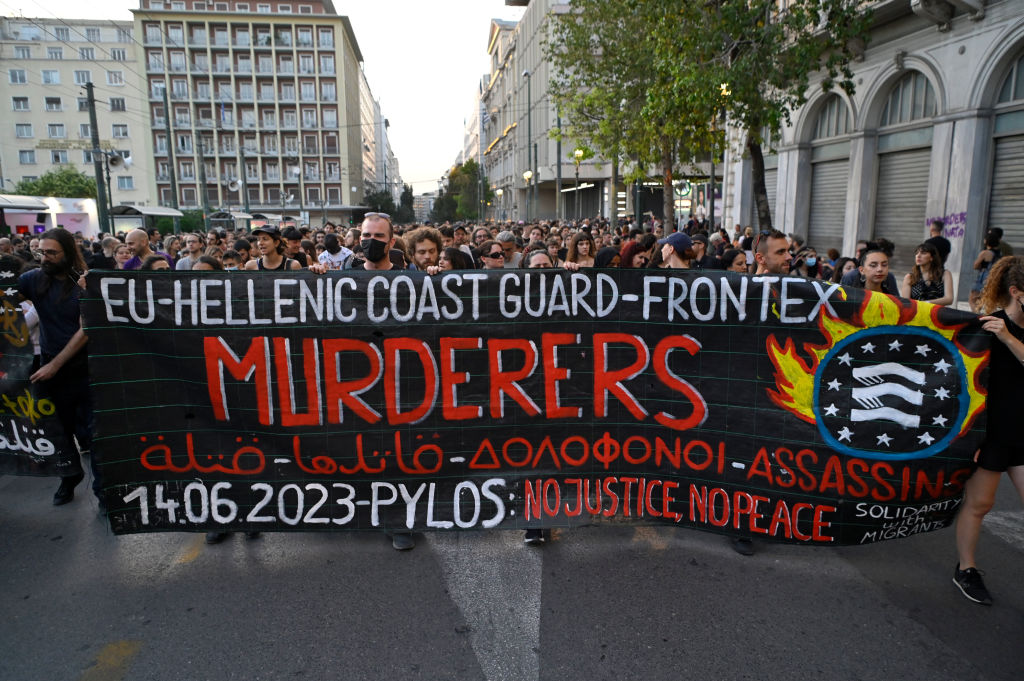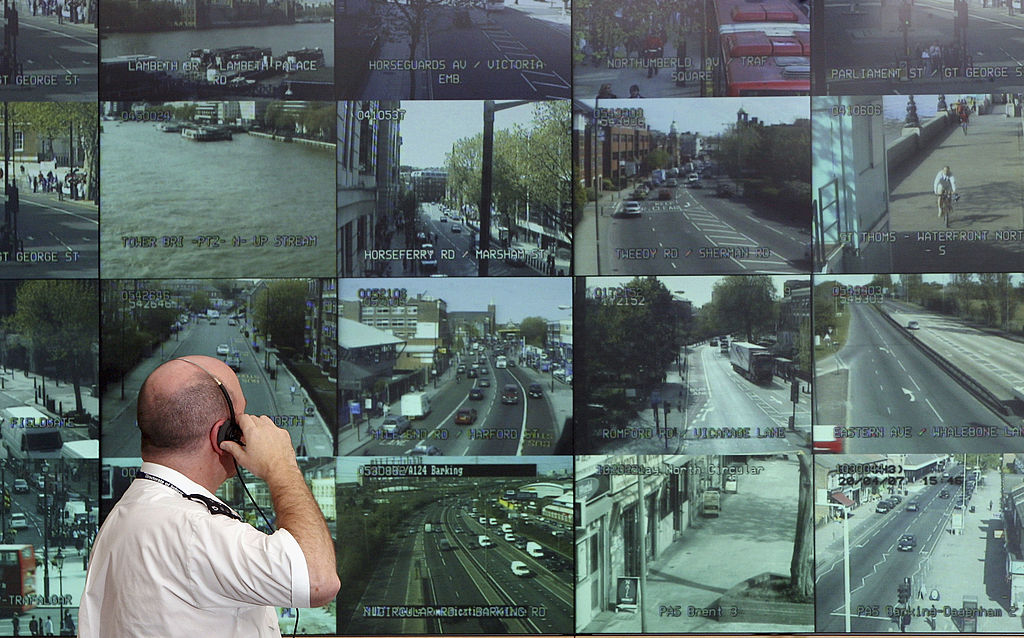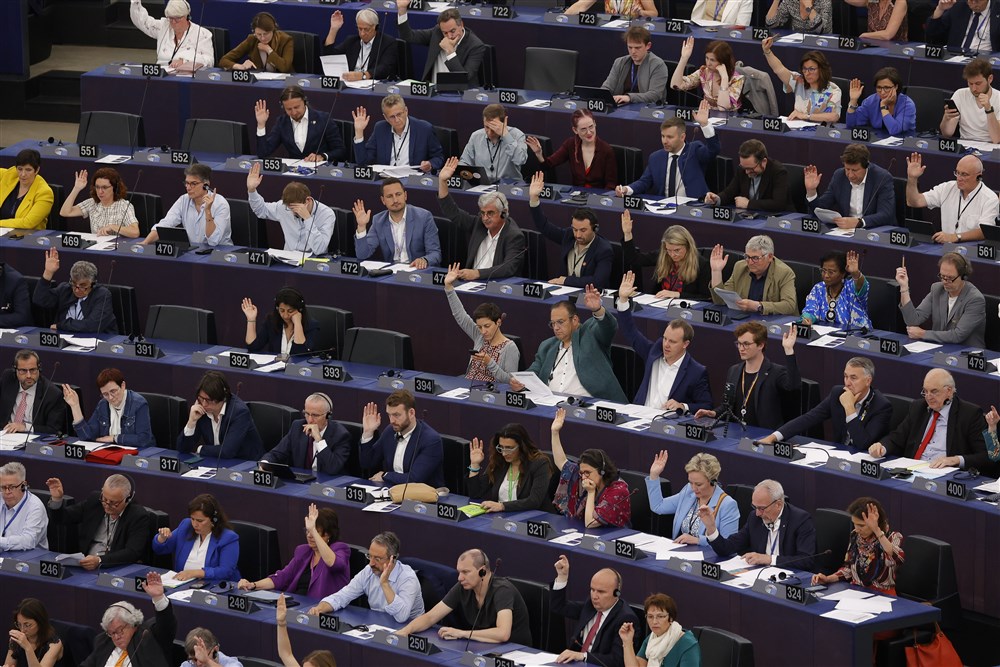In what could be the latest escalation in the standoff between Serbs and the Kosovar Government, the Serbian minority is set to unilaterally proclaim an association of their communities.
In defiance of Prime Minister Albin Kurti’s government, the Serb minority is to “take matters into our own hands”, according to a source close to the Serbian protest movement.
The source, speaking to Serbian newspaper Blic, said that the structure, committees and the president of the organisation have all already been decided upon.
The move could spark an escalation of unrest in the region, where attempts by the Kosovar authorities to install ethnic Albanian mayors in Serb-majority towns have already resulted in outbreaks of violence.
The creation of an autonomous Association of Serbian Municipalities within Kosovo has been at the centre of recent Kosovo-Serbia tensions and has further strained relations. Its establishment was stipulated in several European Union-brokered deals between Kosovo and Serbia – the most recent being agreed earlier this year.
However, Kosovan Prime Minister, Albin Kurti, has backtracked on the agreement, saying that all citizens in Kosovo are equal and ‘special status’ should not be given to ethnic minorities. He claimed that Kosovo’s state constitution “cannot sustain a mono-ethnic entity like [the] Association of Serb Majority Municipalities”.
A Serbian association was first agreed to by Kosovo in 2013. The Blic source referred to the frustration among Kosovo’s Serbs about the length of time taken for its establishment.
“For more than 3,700 days, the union of Serbian municipalities has not been formed, and after everything we have endured in recent days, it is clear that no one really wants it … That’s why we will take matters into our own hands,” the source said.
The first president of the new association is apparently set to be Dragiša Milović, a former president of the Kosovo municipality of Zvečan.
Rumours circulating on the Serbian political scene indicate that the unilateral move by Kosovo’s Serbian community could happen quickly.
Ultra-nationalist politician and a former Deputy Prime Minister of Serbia, Vojislav Šešelj, said the Kosovar Serbs have “practically already made” the Association of Serbian Municipalities a reality, “and they can announce it themselves …” and that “there is no more discussion about whether we want it”.
Šešelj also said the official formation is likely to be announced on Vidovdan – a religious and national holiday on June 28 with deep significance for Serbians. That sentiment was echoed by Serbian President, Aleksandar Vučić, who said on June 18 that he was certain the Serbs from Kosovo will “take active steps” on Vidovdan.
Observers says any such move could make the current situation worse for Kurti.
Already his government’s handling of the Serbian minority has been condemned by both the EU and the US. The EU is already effectively sanctioning Kosovo, cutting off financial cooperation, although the bloc is refusing to refer to those moves ‘sanctions’.
On June 12, Kurti had outlined his government’s five proposals to reduce internal tensions. They largely consisted of measures to arrest and punish Serbian protestors who had rioted against the installation of the Albanian mayors. Josep Borrell, the EU High Representative and head of the European External Action Service, has rejected Kurti’s proposals.





